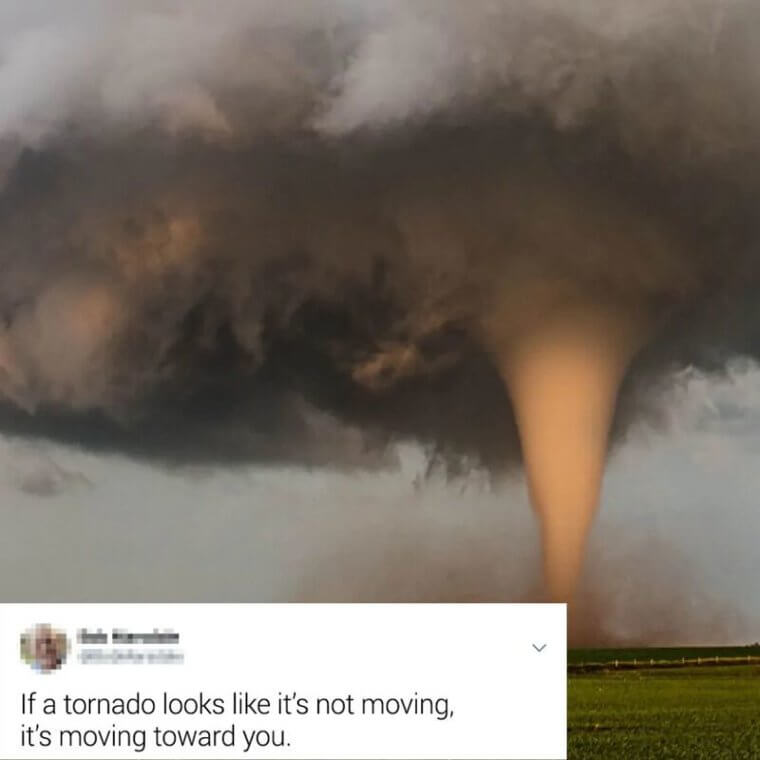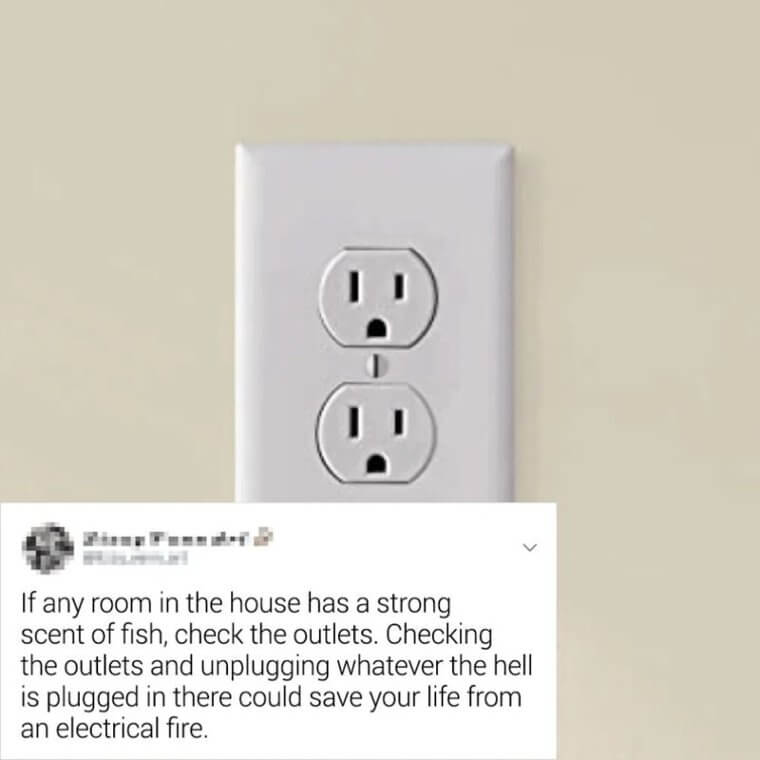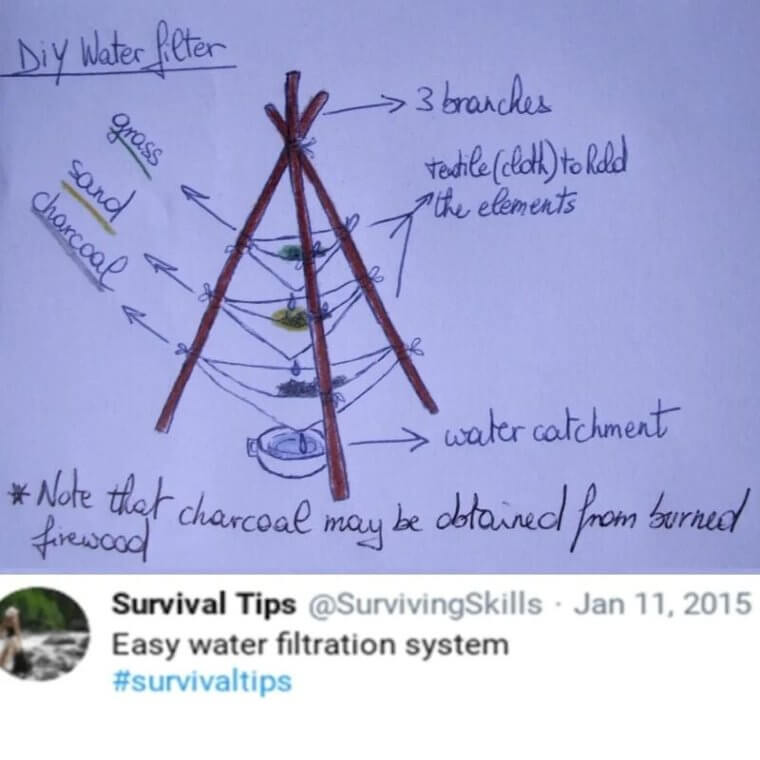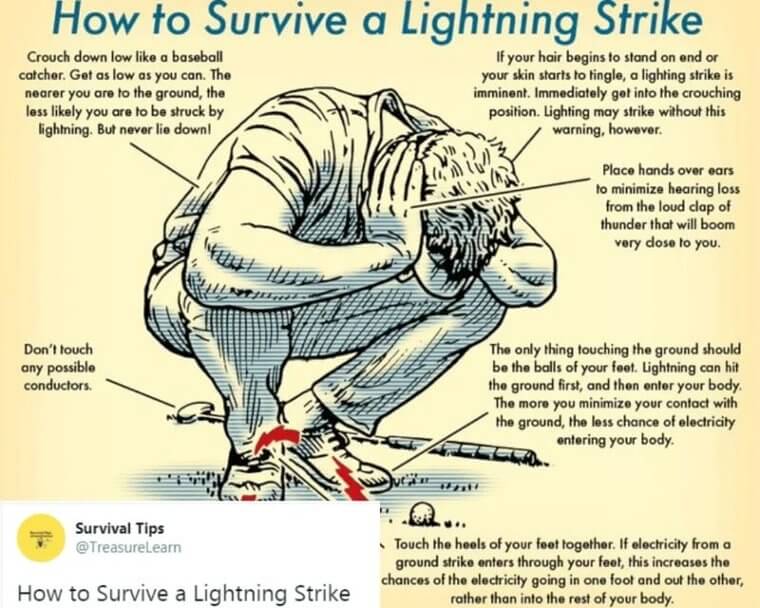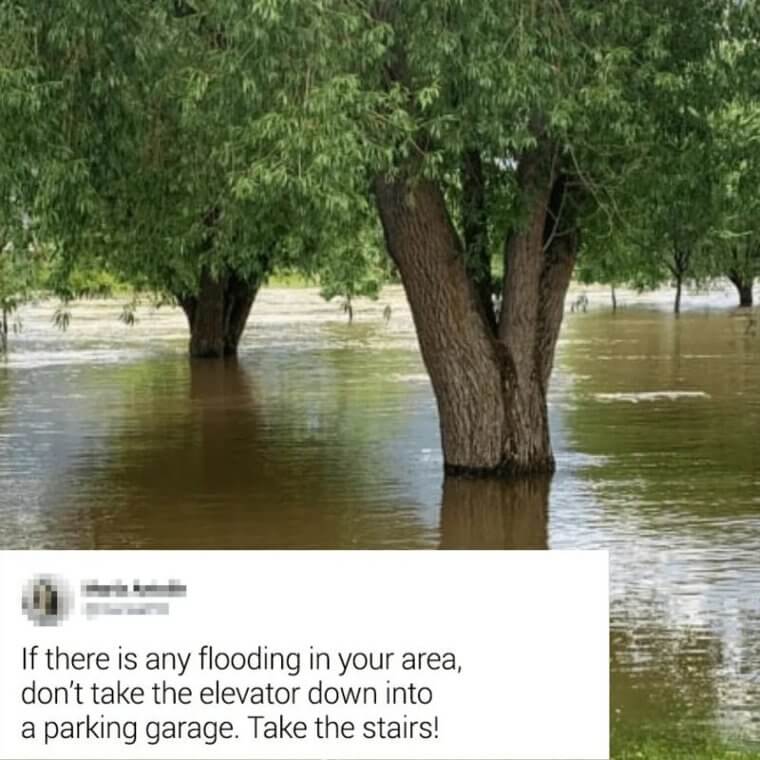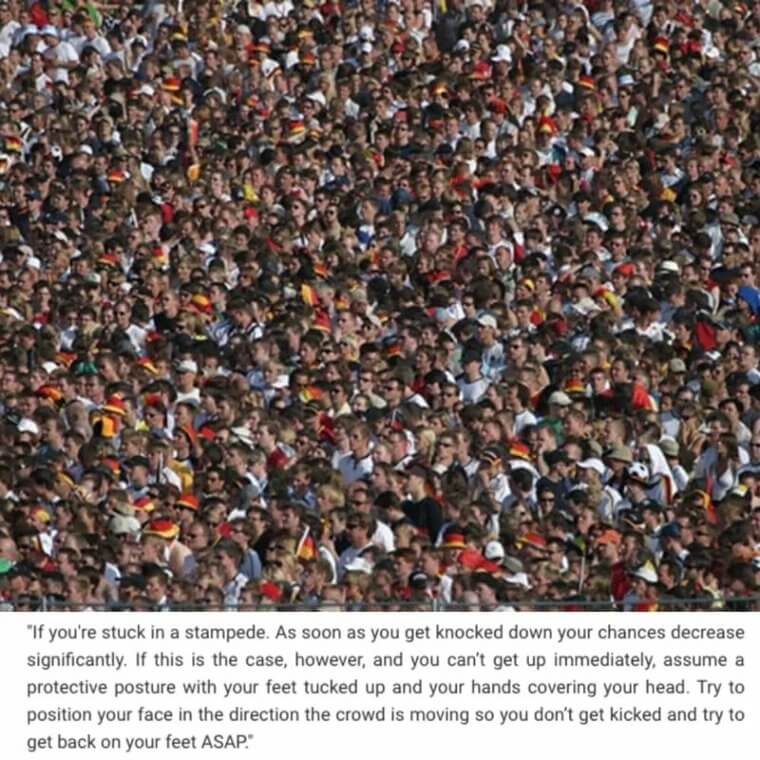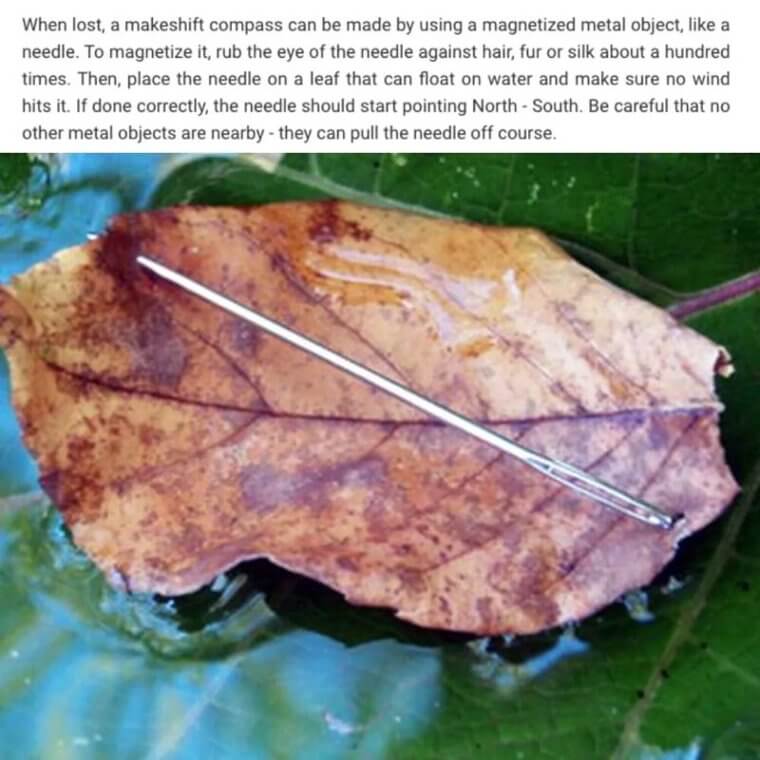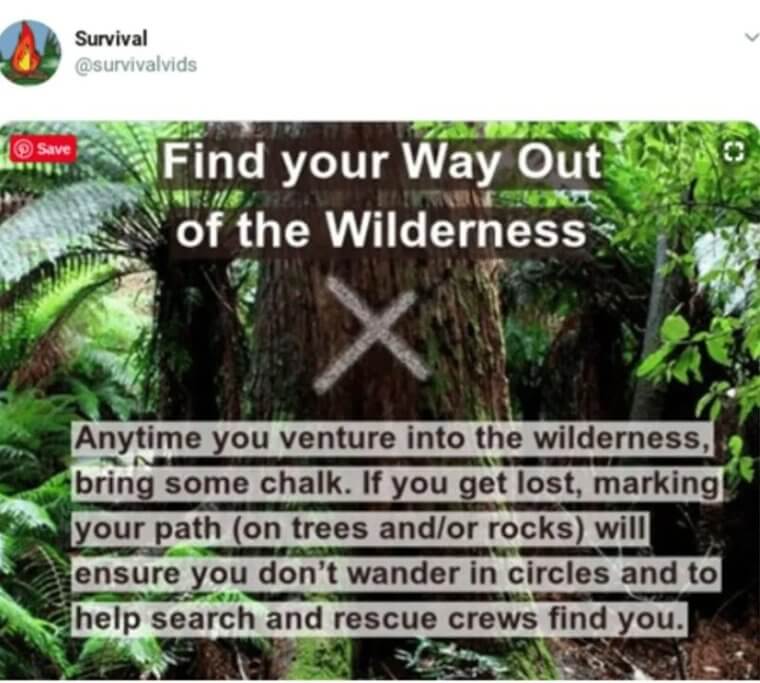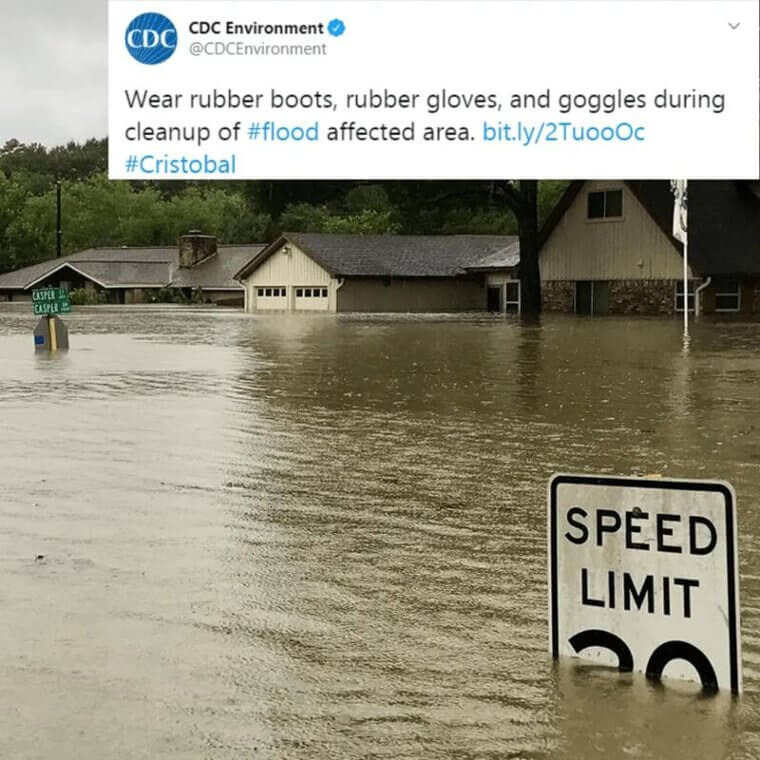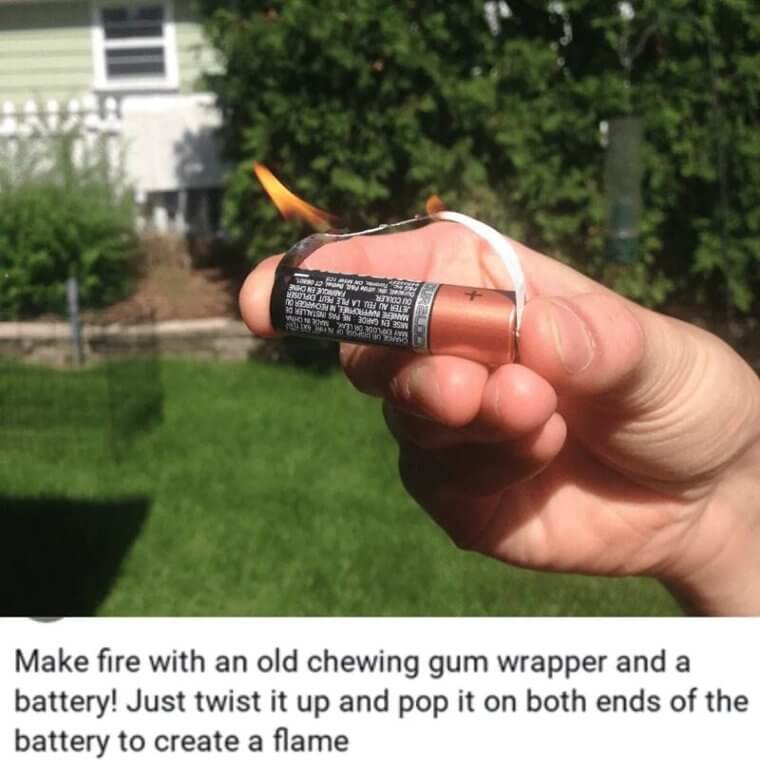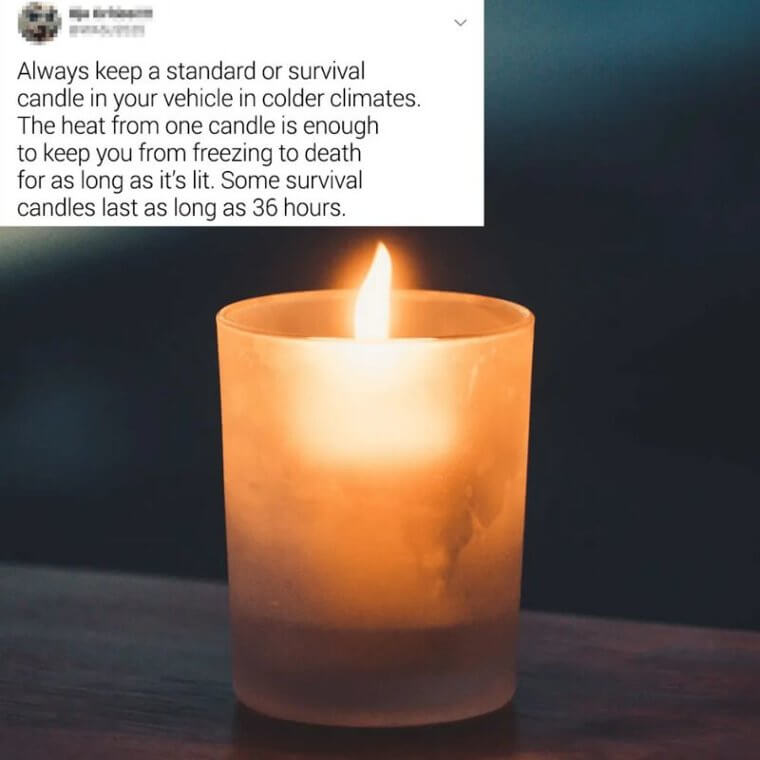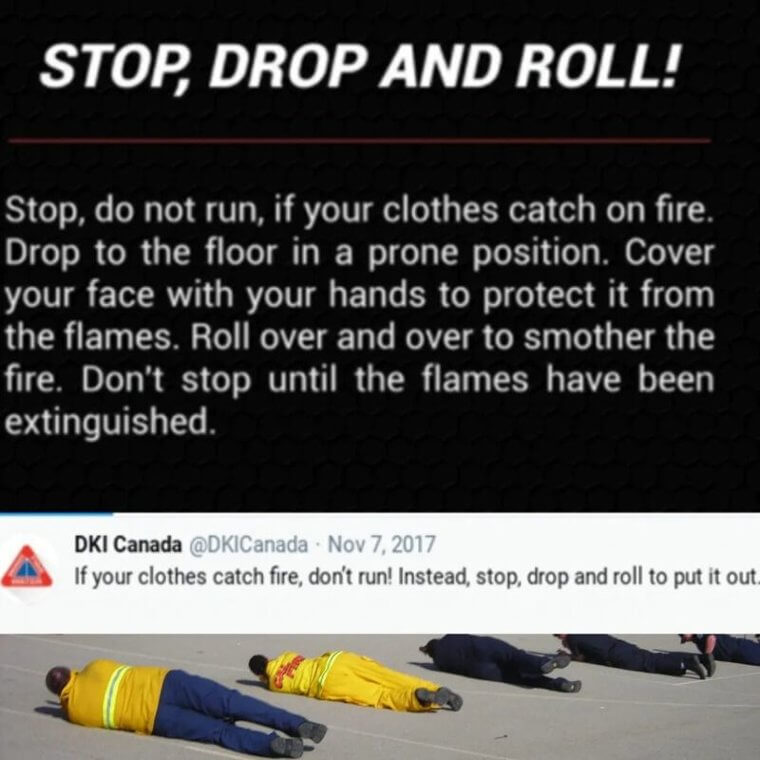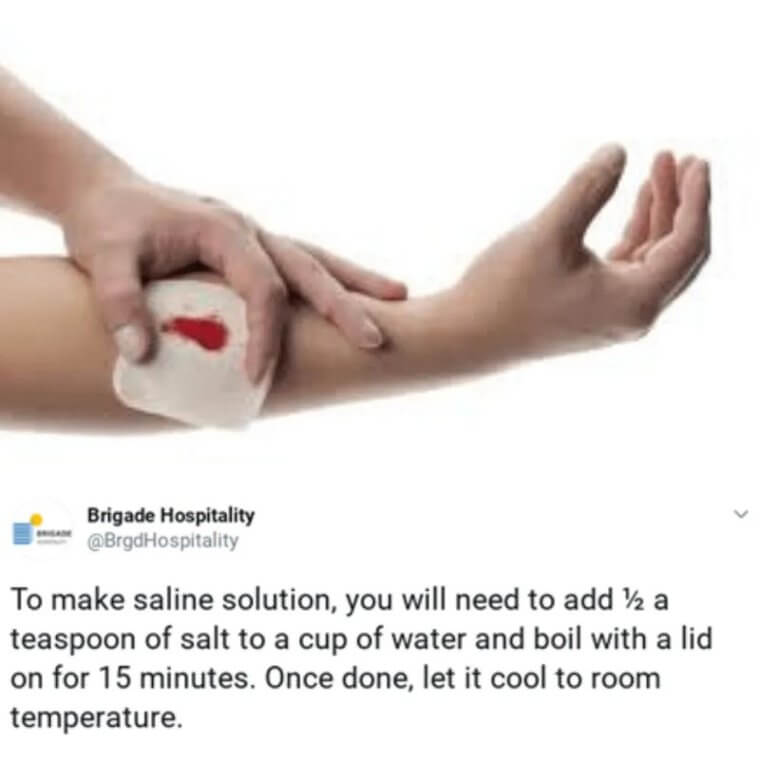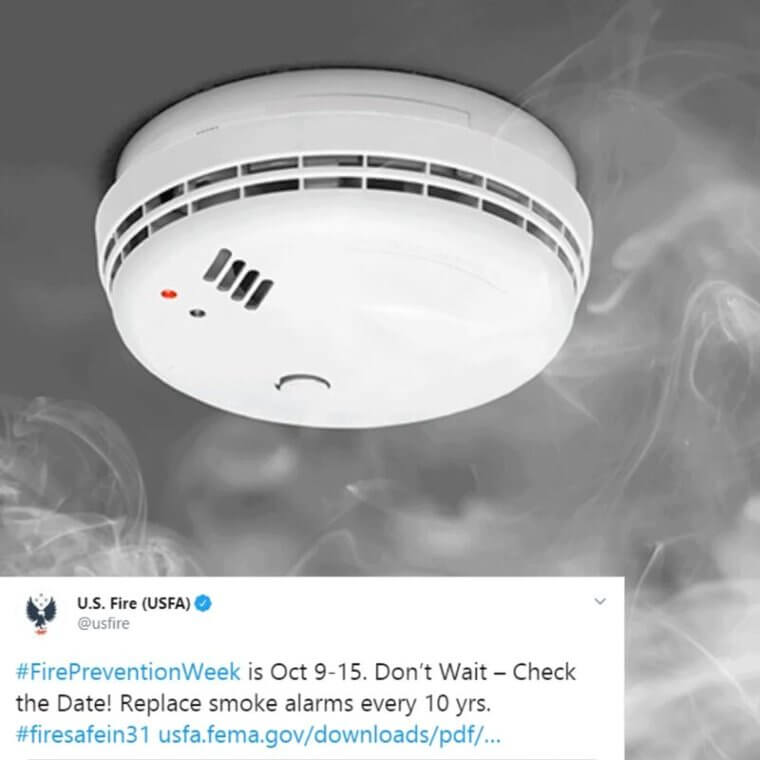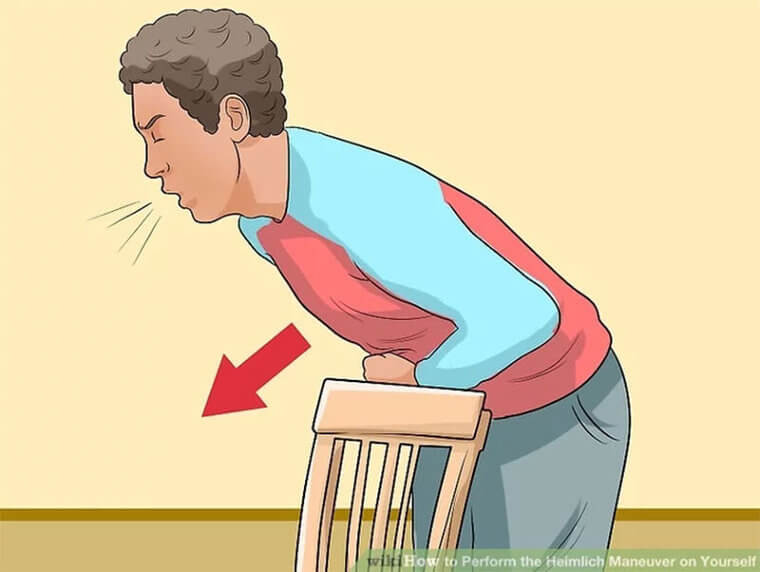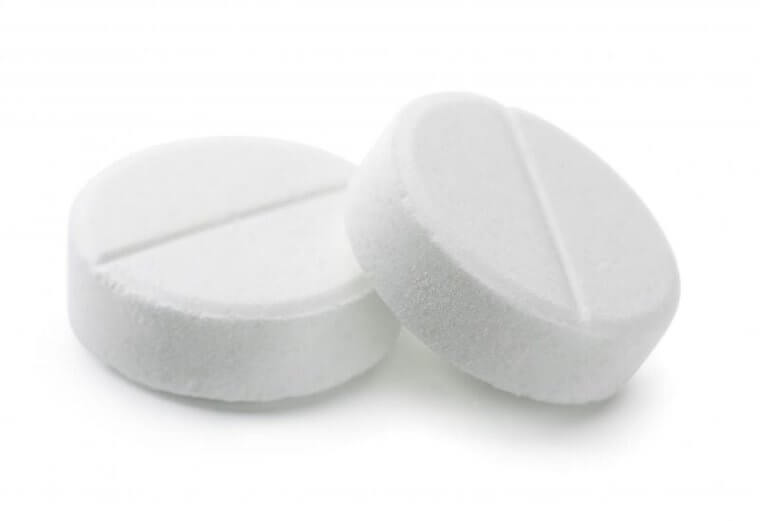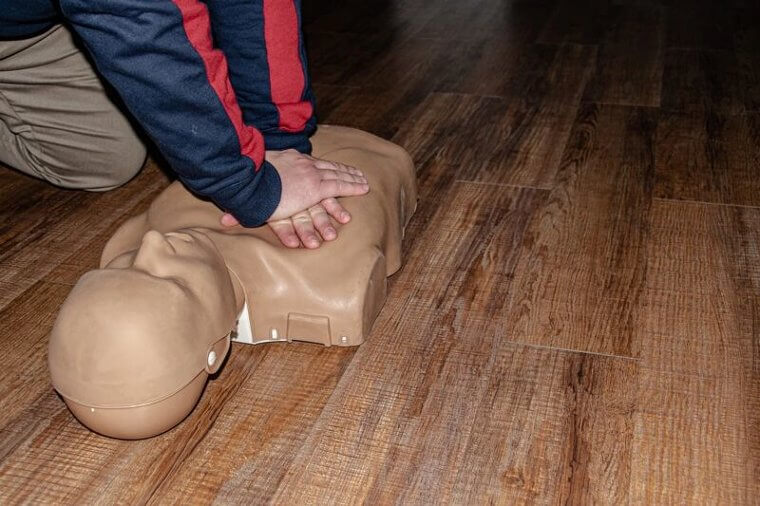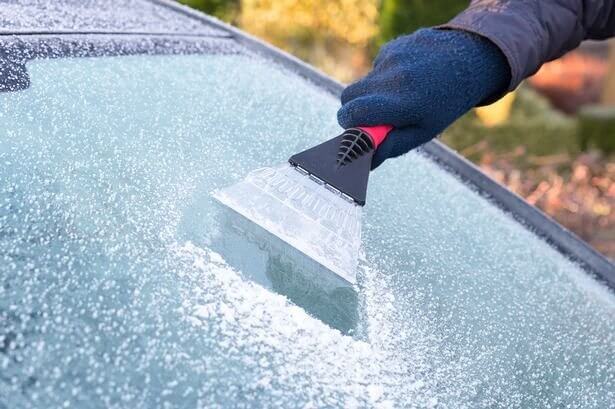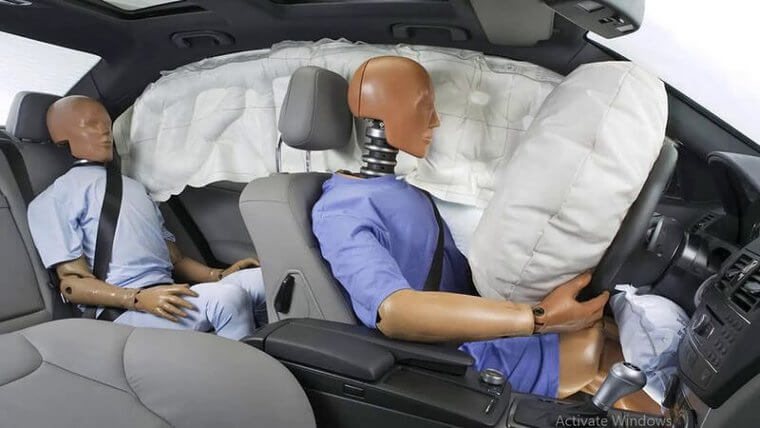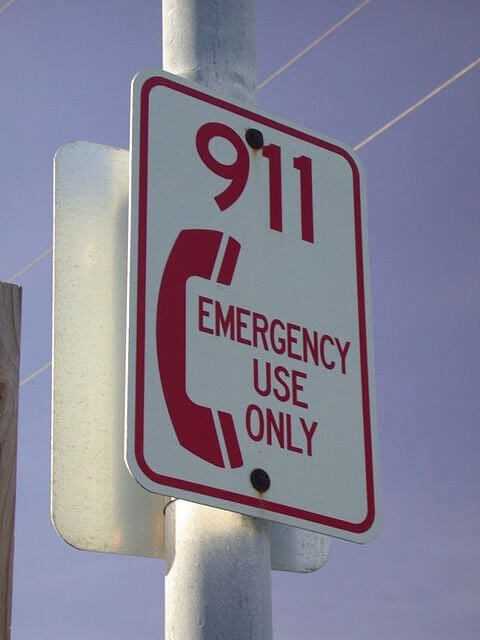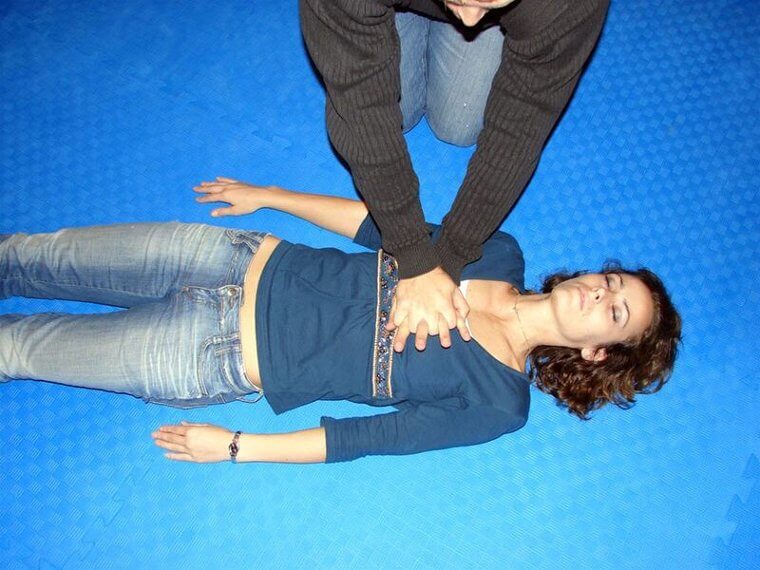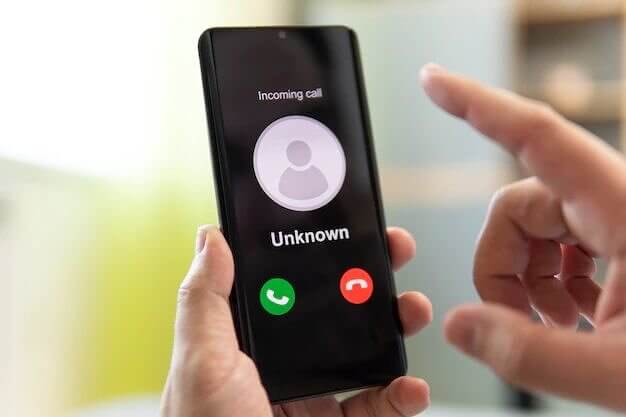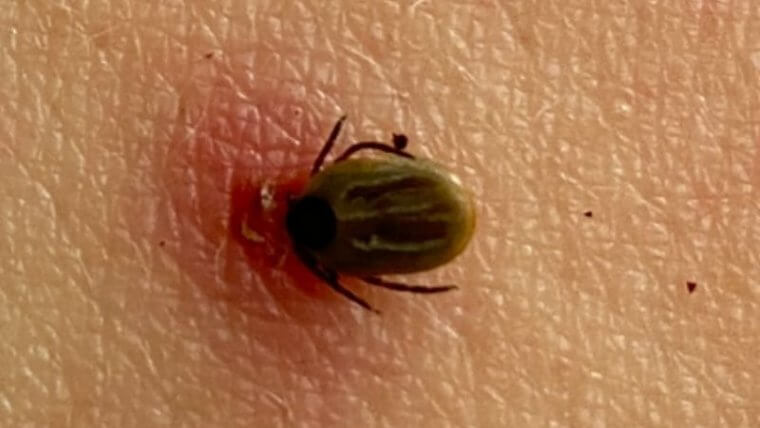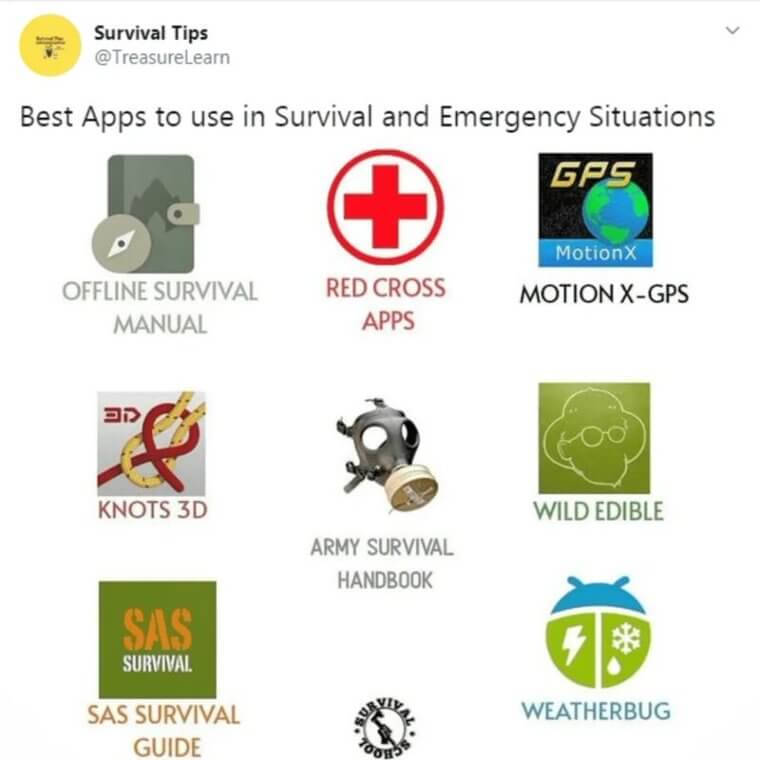We have scoured the internet looking for survival tips and purposeful information to assist you in an emergency. Below are the top 40 tips we selected just for you. Topics range from survival in the wild to safety in the home, caring for your pets, and easing the stresses of blackouts. We have also included life-saving techniques and foods to avoid. We hope you will learn from the info provided and follow the preparation tips.
Deciding Where to Take Cover From an Approaching Tornado
If you live in an area where tornadoes are common or even if they are not so regular, it is good to remember a few safety tips. The ultimate solution would be to seek cover in a tornado shelter or bunker. If that is not available, you will need to find an alternate shelter. The first thing you will need to do is establish which direction the tornado is moving.
If it looks like the tornado is stationery, then it is moving towards you, and it is best to make a hastily retreat. If there is a basement nearby, that would be your best bet. Otherwise, take refuge in a closet, bathroom, or other room without windows. It is also advisable to cover yourself with something heavy like a blanket, duvet, or table.
The Shocking Reality of Swimming Pool Hazards
According to Levine Law, 60 electrocutions and close to 50 severe electrical shocks have occurred in and around swimming pools since 1990. Malfunctioning or incorrectly grounded pool equipment such as pumps, filters, vacuums, or lights, can all cause electric shocks within a swimming pool. Other factors include electrical outlets or switches, extension and power cords, TVs, radios, and other electrical appliances near the pool area.
To circumvent such occurrences, you should maintain your pool equipment and look for signs of corrosion or damage. Protect all pool equipment with a ground fault circuit interrupter (GFCI), and ensure electrical equipment such as TVs and radios are a safe distance from the pool. Another precaution you should be aware of is that if you experience a metallic taste while swimming, it could be a sign of an electrical short, and you should vacate the pool immediately.
Electrical Fires Claim Hundreds of Lives Each Year
Over 30,000 electrical fires are reported annually in the US, worth an estimated $1.1 billion in damage, resulting in over 300 deaths. Electrical fires usually occur when faulty electrical outlets, old wiring, or outdated appliances are present. Also, if people use ungrounded plugs, overload circuits, and place flammable substances too close to an outlet or heat source.
Regular maintenance and being aware of the load you exert on your electrical system may go a long way in preventing a tragic fire. However, there is a tell-tale sign that things may not be in order. When a circuit board overheats, the plastics and other materials give off an odor. If you smell a fishy odor, try to isolate where the smell originates and unplug all appliances in that area until you can pinpoint the exact cause.
Know the Warning Signs of a Tidal Wave or Tsunami
Watching waves lap along the seashore can be relaxing and memorizing. Although, any sudden change in the rise and fall of the water level may be a reason to be concerned and possibly a precursor to a tsunami. Often before a tsunami strikes, the water recedes to expose the seabed. The sight of rock formations, reefs, and fish out of the water can be intriguing, drawing people closer.
However, this is a sure indicator that a mammoth wave will follow. Although this doesn't always happen, it depends on how the tsunami originates. If you heed the receding water and seek higher ground as quickly as possible, it could save your life. Experts report there could be as much as five minutes between the initial withdrawal of water and the wall of devastation that is sure to follow.
Preparing Safe Water to Drink in the Wild
Water is vital for survival. You will survive for approximately three days without it. However, untreated water contains pathogens and bacteria that can cause more harm than good, and ridding the water of harmful impurities is vital. There are many commercial products available that you can carry when venturing into the wild that will purify drinking water, but if you find yourself stranded without this luxury, here's what to do.
Make a teepee using three branches, tie three pieces of fabric across the teepee above one another to hold grass at the top, followed by sand, and lastly, charcoal. Pour water from the top so that it passes through each layer. Place a vessel underneath to catch the filtered water. Burn some wood until it makes coals. It will produce the charcoal needed for filtration. If possible, always boil water before drinking it.
Do You Know How to Tap Out an SOS?
Morse code is a type of telecommunication used to encode text characters, named after Samuel Morse, inventor of the telegraph. Communication through morse code uses dots and dashes, otherwise called dits and dahs. You can communicate through morse code by flashing a light on and off in time to the code. Alternatively, you could make sounds in pace with the code.
In morse code, three dots are equal to the duration of one dash. A pause of the same continuance as a dot separates each letter, while a stoppage equivalent to a dash separates words. The term SOS originated from ships in trouble when they would signal for help. It stands for "Save Our Ship." To communicate the SOS distress signal, use three short dits followed by three longer dahs and repeat another three short dits.
Beware Certain Foods Eaten Raw Are Toxic
Preparing food from scratch is considered healthier, as there are no additives and you control the amount of sugar and salt. But be aware that some foods require special preparation to make consumption safe. Red kidney beans contain high levels of a natural protein called lectin. If consumed in large quantities, lectin is toxic, causing diarrhea and vomiting.
Just a few raw red kidney beans can cause symptoms. Never cook red kidney beans in a slow cooker as the heat is insufficient to break down the dangerous proteins. Preparation should include soaking the beans, rinsing, then cooking at a temperature of 100 °C or 212 °F for a minimum of 10 minutes to eradicate the toxin. Raw potatoes and raw soya beans also contain dangerous levels of lectin and should be boiled at high temperatures or added to bread dough and baked.
What to Do if Caught Unawares by a Lightning Storm
Lightning strikes are responsible for approximately 20 deaths and hundreds of injuries in the US each year. Injuries reported include damage to the nervous system or brain, with various short-term or long-term symptoms. Symptoms can include sore muscles, headaches, dizziness, confusion, memory loss, insomnia, and depression. It is always better to seek shelter in a vehicle or building during a lightning storm.
There is not much you can do to avoid being struck by lightning when outdoors. However, there are a few precautions you can take. Lightning strikes the highest point, so stay away from elevated areas and never shelter under isolated trees or outcrops. Stay clear of water or any item that conducts electricity, like power lines or fences. Never lie flat on the ground. Crouch, make your body as small as possible and limit contact with the ground.
Never Use the Elevator During an Emergency
In day-to-day activities, elevators are a lifesaver. Going to and from work in a high-rise building, carrying your groceries four floors to your apartment, or even reaching your car in a basement parking would be difficult without an elevator. As convenient as an elevator is, you should always take the stairs in an emergency.
If there is a fire in the building or there is flooding, the elevator may seem like the fastest route to safety, but not if the electrical system is damaged. Faults could cause the elevator to get stuck between floors or the doors to jam, which would result in being trapped a lot longer than it would take to escape via the stairway. Also, in the case of a fire, if it breached the elevator shaft, anyone within would be exposed to high temperatures and smoke inhalation.
Life-Saving Tips to Use if Caught in a Stampede
Concerts, sports matches, and events draw in crowds of tens of thousands in confined spaces. In a blink of an eye, a celebration can turn tragic when a stampede occurs, injuring and possibly killing scores of people. Paul Wertheimer, a world-renown crowd control expert, says it is pivotal to familiarise yourself with all possible exits in a crowded venue, during a stampede, always try to remain on your feet, conserve your energy, communicate via sign language, point or wave, protect your chest by keeping your fists up in a boxer's pose, and ask people for help and help others where possible.
Paul also adds that every stampede has a surge and a lull period, and he developed an accordion approach for getting free. During the lull period, try to move in a diagonal direction until you are free from the crowd.
What to Do if You Find Yourself Trapped in a Sinking Car
If you are unlucky enough to be in a vehicle that has plunged into a body of water and is sinking, experts recommend you follow these steps. Firstly, take a few deep breaths to calm yourself. Vehicles generally emerge reasonably slowly. Keep your safety belt on till after the impact, and you can orientate yourself. If the water is not rushing in with too much pressure, try to open the doors or windows.
If you cannot open a window, find something to break it. Remove the headrests, if you have passengers in the back, it will be easier for them to swim through to the front, and the metal prongs of a headrest will be strong enough to use to break the window. You may have to wait for the car to sink further for pressure to equalize.
MakeShift Compass in the Wild
We have just gone through how to tell where you have been by marking trees or rocks as you pass them, but will you know where to go? There are many ways to tell which direction is north in the wild. The most common is looking to see which direction the shadows around you are slanting. However, if it is overcast or nighttime, there won't be any shadows.
Here is another way of determining direction. You will need a needle or similar metal object, a leaf, and a still body of water. First, you will need to magnetize the needle by rubbing the eye against your hair to cause static, do this about 100 times. Next, place the leaf in water where it has the freedom to move but doesn't. Finally, place the needle on the leaf and watch it spin to face north.
Lost in the Wilderness, Leave Directional Markers
When exploring the great outdoors, consider keeping a piece of chalk in your pack. It is small, light to carry, and will not harm the environment. You may be wondering why you would want to take a piece of chalk with you when embarking on an adventure. The simple use would be in case you were lost.
Chalk will temporarily mark most surfaces, including tree trunks and rocks. As you travel, draw large arrows in the direction you are traveling. This way, if you happen to be walking in circles, you will come across your markers, and if the authorities or a search party is out looking for you and they come across the arrows, they will know which direction to look. If you find yourself lost without any chalk or writing material, use the resources around you to mark your location.
Beware What Lies Beneath Flood Water
Think for a moment about what happens during a flood. Water rushes with incredible speed and force, carrying rocks and debris over distances that can break sewer lines, glass, and much more. Dead animals, feces, poisonous snakes, and sometimes hazardous chemicals are swept up in floods too. Therefore it is vital to take special precautions when cleaning up floodwater.
Use a stick or pole to poke around in areas still submerged in water or covered by debris. Always wear protective clothing that includes rubber gloves, rubber boots, and protective goggles. Be sure not to ingest any water as it could contain harmful pathogens and cause severe illness. Treat any cuts or abrasions that come into contact with the floodwater as soon as possible. Always clean your safety gear after use to limit the spread of germs you came into contact with during the cleanup.
The Early Bird Gets the Worm or Water
If you find yourself stranded in the wild and have run out of water, look to the skies in the early morning hours. Birds allegedly seek water first thing in the morning, they fly low, looking for a water source, and once they have drunk water, they will resume flight at a regular height. So if you follow birds flying near the ground in the early hours of dawn or walk in the opposite direction to birds flying higher, you should find water. That is one theory.
Birds flying low is also a sign of coming rain, so if you witness numerous birds flying low, it is worthwhile preparing something to catch rainwater in and seek shelter if you haven't already.
Emergency Lighting Can Come From Surprising Sources
Have you ever found yourself ill-prepared during a blackout, with young children afraid of the dark? It can happen to anyone, especially if a power outage lasts for a longer period and your cellphone battery goes flat. If you ever find yourself in this situation without an emergency light, flashlight, or candles, you could resort to your child's coloring supplies.
A regular coloring in crayon can burn for half an hour. Just be sure it is in a safe place. You can melt a blob of wax in the center of a dinner or side plate and then place the crayon so that it is standing up in the melted wax and hold it for a moment until it is firmly in place. You will then have a safe, sturdy base for your make-shift candle and alleviate some of your child's anxiety.
Things to Bear in Mind When Building a Shelter
There are a few priorities when surviving in the wilderness, fire, water, shelter, and food. It is imperative to carefully choose where you erect your shelter, especially if you plan to stay for more than a few hours. You will want to be close to a water source for drinking water if that is possible. However, you will need to steer clear of the actual watercourse and low-lying areas, which could flood in heavy rains.
As you search for a place to set up camp, seek materials such as branches, leaves, moss, vines, and rocks. In many areas, the temperature will drop significantly as nightfall approaches, so it is wise to insulate the floor and weather-proof the roof and sides. Also, be aware of ants and other creepy crawlies that inhabit the ground. You may want to raise your make-shift bed.
More Ways to Easily Start a Fire
If you are an avid gum chewer and want to start a fire, this one is for you. You only require three items, a chewing gum wrapper, which you should already have, an AA battery, and something sharp like a knife or scissors. However, your wrapper will need to be the foil type. Bear Grylls once featured this on his reality survival TV show.
First, prepare some kindling. Second, using scissors or a sharp knife, cut a thin strip of the wrapper lengthways, fold it in half and cut it diagonally so that the middle of the foil is narrower than the sides. Open it out and place each end on the positive and negative poles of the battery, with the foil side facing inwards. The wrapper catches fire instantly but does not burn long, so ensure you hold it above your kindling.
A Fire Can Be Life Saving in the Wild
Everyone knows how significant fire can be when stuck in the wild. Fire provides warmth in colder weather, and as long as you have suitable containers, it will also allow you to cook food and purify water. If wild animals are a problem, it will also keep most animals at bay. Unfortunately, fire is not always the most easily obtained resource, even with a box of matches.
If you have ever tried lighting a match in windy conditions, you will understand the frustration of trying to produce a flame. One hack that will increase your chances in the wind is to shave slithers into the top of the match that stick outwards. This method increases the area that will catch alight. Therefore, increasing the size of the flame, giving it a better chance of staying lit in adverse weather conditions.
Surviving Freezing Conditions When Stranded in Your Car
Driving during a snowstorm can be extremely frightening, especially if you consider the possibility of breaking down and being stranded in your car overnight. People that stay where the mercury drops below freezing should always keep a survival candle and matches in their vehicle.
Did you know heat from a single candle in a confined space like a car can create enough heat to prevent you from getting hypothermia? A few brands of survival candles can burn for up to 36 hours and are hot enough to heat small amounts of food or beverages. It is well worth keeping one in your cubby, just in case of an emergency, don't you think.
What to Do if You Are on Fire
Fire is possibly the scariest of the four elements, and burns are excruciating. If you, or someone near you, catches on fire, try to stay calm. Yes, we know this is easier said than done. But, seriously, try to keep your head and remember the phrase: Stop, drop, and roll! A fire needs fuel and oxygen to stay alight. If you run about while on fire, you will only increase the amount of oxygen the fire receives.
However, if you stop, drop to the ground, and roll around, you will smother the flames between your body and the ground. Always try to keep your hands in front of your face. It will protect it from fire and limit the amount of smoke you inhale. Treat any burns by submerging them in cool water and call emergency services if you require medical assistance.
First Aid Solutions to Remember
You will need to improvise for many things while in the wild unless you plan to bring a packhorse. However, a first aid kit should always accompany you, no matter how light you plan to travel. It is advisable to keep a fully stocked and up-to-date first aid kit in your home, office, and vehicle, and of course, all businesses and public organizations should have one.
The first aid kit will vary slightly, depending on the environment. One thing to remember is to check it regularly to replenish depleted or outdated items. There are many ways to substitute if you find something missing. For example, if you need a saline solution, here's what to do. Place one cup of water and half a teaspoon of salt into a pot. Boil for 15 minutes with the lid on, then allow it to cool before use.
A Smoke Alarm Is an Early Warning Device That Can Save Lives
A smoke alarm is the first defense against fires in your home and can prevent a fire by providing ample warning and saving lives. However, you need to ensure the smoke detector is well maintained, at all times, eliminating a false sense of security. It is widely recommended to test your smoke detector batteries monthly by holding down the test button until you hear it beep.
Clean your smoke alarm every six months to ensure optimal performance. Change the batteries annually and replace the alarm system every ten years. Every home should also have regularly serviced fire extinguishers positioned at each exit and a fire blanket in easy reach in the kitchen. Nearly half of all household fires start in the kitchen and occur when food is left cooking unattended.
How to Save Yourself From Chocking
If you choke while enjoying lunch at your favorite restaurant, the chances are good that there will be several people around that would be able to perform the Heimlich maneuver on you. Do you know what to do if you choke while home alone? Firstly, if possible, in any emergency, call 911.
You obviously cannot give yourself successful smacks to the back to dislodge the obstruction, nor will you have enough force to perform regular abdominal thrusts without a little bit of assistance. Use what you have around you; a chair or countertop will work. Make a fist with one hand, and cover your fist with the other hand, placing them just above your navel. Bend over a hard surface such as the countertop or chair, which will allow you to use extra force, and push upwards and inwards in a quick sharp movement.
The Safe Way to Extinguish a Grease Fire
Fires can potentially cause catastrophic damage and spread in an instant. Most household fires start in the kitchen and are easily preventable. Prevention is always better than cure, and the first thing to remember is never to leave food cooking unattended. If the stove does catch alight and is a grease fire, your first instinct may be to douse the flames with water. Don't! That is the worst thing you can do. It will make matters worse.
The correct approach is to turn off the appliance if it is safe to do so and smother the flames. If you have a fire blanket, use it to suffocate the flames. Fires need oxygen to burn. If you remove the oxygen, it will extinguish the fire. It is also advisable to always keep a fully serviced fire extinguisher in an easily accessible place.
Identified Unseen Poisonous Substances by Their Smell
Often air-based poisonous or harmful gases and chemicals are not easily seen, so we need to rely on our sense of smell to detect them and identify them. Many gasses give off a pungent smell, warning of their existence. Hydrogen sulfide smells like rotten eggs and comes from raw sewerage. Did you know that natural gas is odorless? Gas companies add mercaptan, a harmless chemical, to the gas to give it its signature smell. Without the odor, a gas leak would be almost impossible to detect and have possibly devastating consequences.
One poison that we all know of is cyanide. Breathing in concentrated doses will kill you in seconds. Lower doses may cause weakness, dizziness, vertigo, headaches, confusion, shortness of breath, and loss of consciousness. Cyanide smells distinctly of roasted almonds. So if you ever smell almonds roasting when there aren't any, run!
When Side Effects Can Save Your Life
Most medicines have a list of side effects longer than your arm, from drowsiness to insomnia, stomach ulcers, and skin rashes. A side effect from aspirin may just save your life. A heart attack occurs when blood flow to the heart is blocked, usually caused by a plaque buildup from high levels of cholesterol, fat, and other substances.
A top side-effect of aspirin is the fact that it thins your blood. There are warnings not to take aspirin before surgery or if you have any blood-thinning conditions. However, in the case of a heart attack, chewing an aspirin so that it quickly dissolves and enters the bloodstream may save your life. If you suspect a heart attack, you should always seek medical assistance or visit your nearest hospital.
Songs That May Save a Life
Cardiopulmonary resuscitation or CPR is a procedure that, if done correctly, may save lives. Countless people have survived fatal situations because onlookers started CPR while waiting for an ambulance to arrive. Your first response when encountering an unconscious person would be to call 911. The second would usually be CPR.
Unless you are trained and confident in using rescue breaths, you should stick to hands-only CPR, unless it is a child. Children are more likely to be unconscious due to an issue breathing than a heart condition. Therefore, you should always use rescue breaths when performing CPR on children. Repeat compressions at a rate of between 100 and 120 times per minute until help arrives. The following songs have the correct pace for compressions, "Stayin Alive" by Bee Gees, "Dancing Queen" by ABBA, and "MMMBop" by Hanson, so sing along if it helps.
Ways to Prevent an Icy Windshield
If you reside in an area that experiences icy winters, you are probably familiar with waking early to deal with the ice which forms on your vehicle's windscreen and mirrors. Here are a few tips that can help you catch those few extra minutes of shut-eye. Mix three parts vinegar to one part water in a spray bottle, spray a liberal amount on your windshield, back windscreen, windows, and mirrors each evening and then wipe down with a squeegee or cloth.
If you forget at night, you can still do it in the morning. However, always remember not to use boiling hot water. It could compromise your windshield. Rubbing alcohol also works, two parts to one part water. An onion cut in half and rubbed over your windscreen also helps. The onion excretes an oil that stops frost from forming.
Airbags Can Be Fatal When Deploying
Airbags are an innovation that has saved countless lives since their invented in the 1950s. They were designed to be used only in conjunction with a seatbelt to prevent serious injury to the upper torso and head. An airbag inflates in less than 1/20th of a second, which can cause serious injuries or even death if a person is too close, or in contact when the airbag deploys.
For this reason, manufacturers warn never to position a rear-facing car seat in front of an active airbag, and children younger than 13 should remain seated in the back of a vehicle. For the same reason, you should never place your feet or any other body part on the dash when there is an active airbag. If the airbag deploys, you could fracture or break bones or even die from injuries.
No Need to Memorise Emergency Numbers for Each Country You Travel To
One of the first safety precautions we take with our children is teaching them their full name, mom and dad's phone number, and 911 in case of an emergency. The emergency number differs from country to country, depending on where you reside. Many countries across Europe and Asia use 112, and in the US, 911.
However, cellphone manufacturers preprogram each new phone and sim card with a list of emergency numbers. Therefore if you traveled to Europe and dialed 911, you would still reach the emergency line. Calls are also free whether you are calling from a payphone or cellphone. A mobile phone doesn't need to be connected to a service provider to make an emergency call, and in most cases, it will make the call in locked mode, so no password is necessary.
Diarise This Date for the Next Solar Eclypse - April 8, 2024
Set a reminder to view the next solar eclipse, visible across most of the US. On Monday, 8th April 2024, a solar eclipse will occur when the moon is positioned directly between the sun and the earth, creating a shadow over the earth and blocking the sunlight. Please be sure to protect your eyes. Looking directly into the sun can damage your eyes.
Just as the sun can burn your skin, it can also burn your eyes. Prevent Blindness warns, "Exposing your eyes to the sun without proper eye protection during a solar eclipse can cause eclipse blindness or retinal burns, also known as solar retinopathy. This exposure to the light can cause damage or even destroy cells in the retina (the back of the eye) that transmit what you see to the brain." Enjoy this phenomenon responsibly.
Make Sure Your Pet Is Safe After Playing Outside in the Snow
Some pets enjoy playing in the snow as much as our children do. You need to be aware of the dangers of rock salts and melting agents to your pets. Although these products are necessary to prevent ice buildup and limit slippery conditions, we need to take precautions with our pets. Where it is possible, use pet-friendly products to melt ice in areas your pet likes to play or walk.
The sharp edges of rock salt may injure a dog by slicing or poking its paws, salt can also cause irritation or dryness, and cracking can occur from excessive exposure to salt. It is a good idea to encourage your dog to wear booties. Alternatively, rinse your dog's paws when it comes inside. Try to limit the time spent your pet spends outdoors in inclement weather.
You May Not Realize You Have Hypothermia
Hypothermia is when your body temperature drops below 95 °F (35 °C). Exposure to cold weather or fridged water can result in hypothermia. Mild cases are not life-threatening and may cause shivering but can lead to several other conditions, including slurred speech, a lack of coordination, drowsiness, and confusion. A person may not even realize they are hypothermic.
If you suspect someone is suffering from hypothermia, you need to call 911 immediately and then try to bring their body temperature up. Be careful when moving a person with severe hypothermia, as any jolting can affect their heart. If possible, bring them indoors and out of the elements. If their clothes are wet, carefully remove them and dress them in dry clothes. Try to cover them with warm blankets, give them a warm drink, cuddle together or sit closer to a heater or fire.
Never Perform CPR on a Soft Surface
We previously mentioned the merits of keeping time to a song when performing cardiopulmonary resuscitation. Did you know that the placement of the person is also vitally important? Ensure that the patient is lying on their back facing upwards on a relatively firm flat surface. If a person is lying on a bed, you will need to move them to the floor as the mattress will absorb some of the force of the compressions, making it less effective.
Remember to check if the person is responsive, call 911, and administer 30 chest compressions. Center your hands on the patient's chest, with your elbows locked and your shoulders directly above your hands. Each compression should be about two inches deep, with approximately two compressions per second. The 911 operator will instruct you on how to assist while the ambulance is on its way.
Phishing Is a Real Threat From Unknown Numbers
Technology has certainly made our lives easier. Unfortunately, it is also easier for criminals to scam us. One of the most common tips to avoid being the victim of a phishing scam is: not to answer calls from unknown numbers. However, that is not always feasible as you could be awaiting news on the delivery of an order or receive a call or message to do with covid-19 contact tracing.
The Federal Communication Commission advises that: if you answer an unknown number, to hang up immediately; if the caller or recording asks you to press a number to stop the calls, don't press it, hang up; don't answer any questions, especially those where you answer yes or no; never reveal any personal information; and if you receive an inquiry about a payment, hang up and phone back using a verified number.
Your Old Garage Door May Be a Safety Hazard
There are many different types of garage doors, and some are safer than others. Garage doors use large torsion springs, otherwise known as extension springs, to lift the heavy doors. When a door is closed, the spring is tightly curled, ready to release the energy needed to raise the bulk of the door. If the spring breaks while the door is open, there will be nothing keeping it up, and depending on the weight of the door, it will drop at an alarming pace, seriously injuring or possibly killing someone in the way.
In 1991, manufacturers introduced a sensor to pick up any obstruction to the door, and a mechanism would prevent it from closing. The National Electronic Injury Surveillance System (NEISS) reported that an average of 2,000 people seek medical assistance from injuries caused by garage doors each year.
Remember the Survival Rule of Threes
The human body can survive for approximately three minutes without breathable air, three hours in extreme conditions (hot or cold), three days without water, and three weeks without food. Therefore if you are ever in a situation where you will need to survive more than one situation involving the "three," prioritize in order of survival time.
Water is always a top priority in any circumstance because if dehydration sets in, it will affect your concentration, vision, headaches, stomach aches, and mobility. If you are in a harsh environment with either immensely hot or cold weather, remember to seek somewhere out of the elements before looking for water. Your life may depend on it. Also, remember your shelter will need insulation on the floor, and your water needs to be purified and boiled if possible.
Beware of Misguided Advice on the Internet
The internet is a treasure trove of information, providing instant gratification and knowledge, but beware of half-truths! Always verify the information you find by cross-referencing it with several sights, and if it is a health issue, consult a professional before following online advice. Peppermint oil is said to make ticks fall off once attached to you. However, experts say it could agitate the tick, causing it to secrete more saliva and therefore increasing the chance of contracting a virus.
The CDC reported the discovery of nine new germs spread through mosquito and tick bites in the US in 2004. Luckily, ticks need to be attached to your skin for at least 36 hours to infect you. Doctors recommend using sterile tweezers to remove the tick. Grab the tick as close to your skin as possible, and slowly pull in an upwards motion.
The Best Survival Apps on Your Smartphone
Most people feel lost without our trusty mobiles, like a missing limb. If you are ever stuck in the wild and had the foresight to install a couple of survival apps, your phone could be a lifesaver. Survival Manual is a free offline app available on Android and iPhone. It encompasses a range of survival topics such as: how to make a shelter, treat wounds and insect bites, collect water or start a fire.
SAS Survival Guide is another popular app that costs $5.99. It contains pictures of edible and poisonous plants, instruction videos, and various survival information and tips. It is based on the best seller "The SAS Survival Handbook" written by John Lofty Wiseman. Another recommended app is the American Red Cross app. It is free, providing vital first aid and survival tips, including what to do during a natural disaster.

